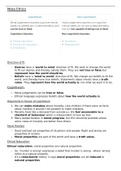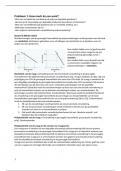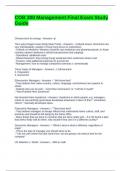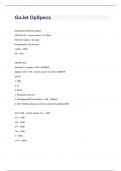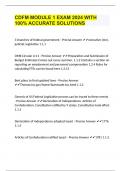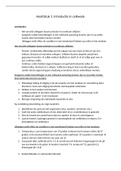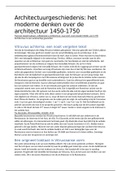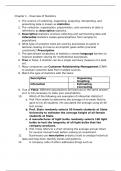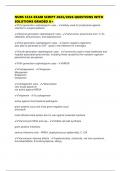Direction of fit
– Desires have a ‘world to mind’ direction of fit. We seek to change the world
to fit our desires and thereby satisfy them. They are not true or false but
represent how the world should be.
– Beliefs have a ‘mind to world’ direction of fit. We change our beliefs to fit the
world, and thereby have true beliefs. Statements about morals have a truth
value. They represent how the world actually is, not what we want it to be.
Cognitivism
– Moral judgements can be true or false.
– Ethical language expresses beliefs about how the world actually is.
Arguments in favour of cognitivism
1. We can make mistakes about morality. Like children. If there were no facts
about morality it wouldn’t be possible to make mistakes.
2. Morality feels like a demand from outside us. We feel answerable to a
standard of behaviour which is independent to how we feel.
3. Many people believe in moral progress, but this would be possible unless
some views of morality are better than others.
Moral Realism
– Good and bad are properties of situations and people. Right and wrong are
properties of actions.
– Moral properties are part of the world and have a truth value.
Ethical Naturalism
Ethical naturalism: moral properties are natural properties.
– So, "murder is wrong" expresses a belief that murder is wrong - where 'wrong'
refers to a natural property.
– It's a reductionist theory: it says moral properties can be reduced to
natural properties.
, – Utilitarianism is an example of a naturalist ethical theory. It says 'good' can
be reduced to pleasure, and 'bad' can be reduced to pain.
– Natural properties are ordinary, physical properties. Pain and pleasure, for
example, are natural properties of the brain - a physical thing.
Utilitarianism as Ethical Naturalism
– Happiness is the only good, we can interpret this as happiness is what good
is.
– They are the same property. Happiness is a natural property and so is
goodness.
– We can discover what creates happiness empirically, and so we can find out
what is right and wrong by experience.
Aristotle as an Ethical Naturalist
– Some philosophers have argued that in his function argument, Aristotle reduces
the good to the natural, understood I terms of functions.
– The facts about human nature, psychological facts about desires, our ability to
reason etc., are the basis for moral truths.
– It is a psychological fact whether a character trait is good or bad.
– However, exactly what Eudaimonia is, cannot be identified with any natural fact.
– This is shown by thy analysis between Eudaimonia, virtue and practical wisdom.
Using practical wisdom, you are not simply able to grasp some psychological
fact. Instead, they understand reasons for acting a certain way.
Ethical Non-Naturalism
– Ethical non-naturalism: moral properties are non-natural properties.
Moore and The Naturalistic Fallacy
– Moore argues that moral properties are not natural properties. Like the
concept of yellow, goodness is a simple and unanalysable property.
– Moral properties may be correlated with natural properties but are not identical
to them. For example, having a heart is correlated with also having kidneys, but
hearts are not the same thing as kidneys. Similarly, happiness may often
accompany morally good actions, but they are not the same thing.
– Moore's 'open question' argument: if goodness and pleasure are the same
thing, it wouldn't make sense to ask, 'is pleasure good?', because it would
basically be like asking 'is pleasure pleasure?'. But because the question 'is
pleasure good?' does make sense, this proves that pleasure and good are not
the same thing.
– Reply to open question argument: It makes sense to ask, 'is water H2O?'
even though they refer to the same thing. The fact that this question does make
sense does not prove that water and H2O are two separate things.
– ‘Happiness is good’ is not an analytic truth, but perhaps the two concepts
refer to exactly the same property in the world, so that goodness is
happiness. Moore’s open question argument does not show that they are
different properties.
Moore’s Intuitionism
– A intuition is synthetic a priori knowledge, a self-evident proposition.
– We can directly reflect on the intuitions via the faculty of rational intuition.


